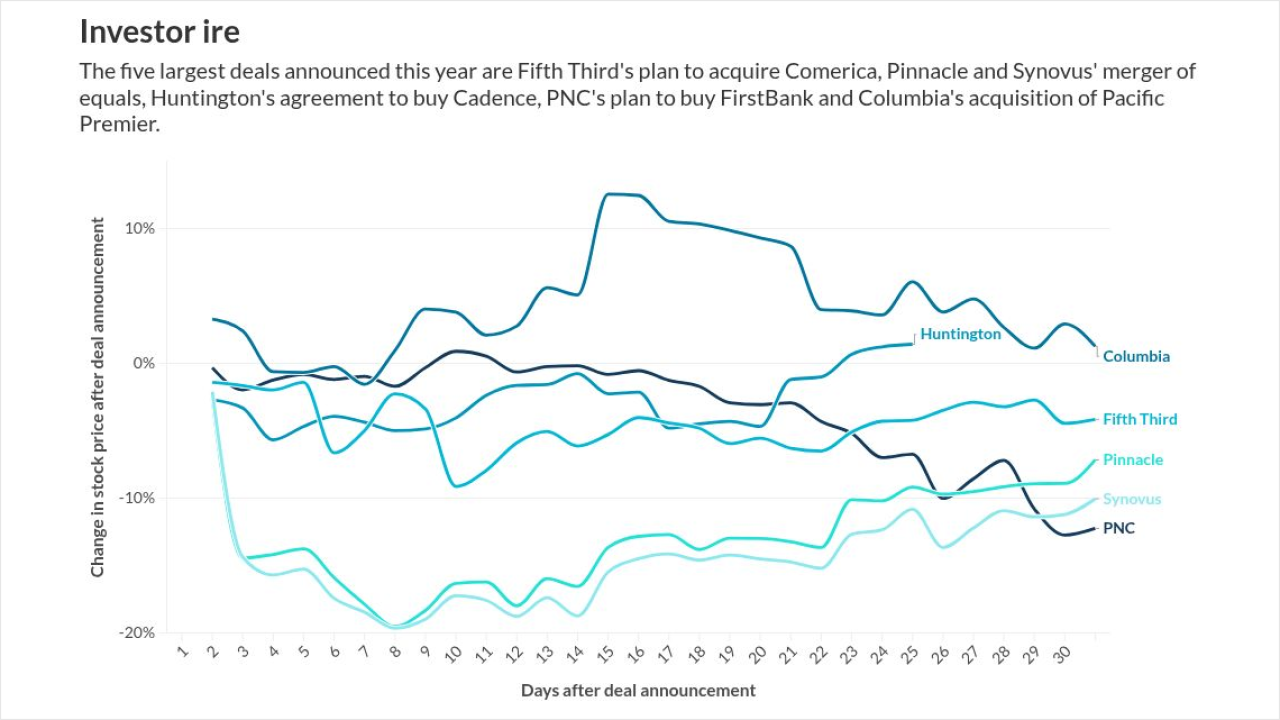Apple and Ripple may have a potential idea to remove friction from mobile payments, but the implementation could make for a rough ride.
Multiple

This news is mostly based on a
Ripple did not provide comment, calling the news a "rumor," and Apple referred questions to an announcement of Apple's Payment Request API on its site, though this did not address direct questions about Ripple. Apple's announcement said: "We recognize that merchants need to support multiple payment methods and doing so comes at the cost of increased complexity. Payment Request aims to reduce this complexity by supporting payment methods across multiple browsers using a standard API."
For Apple, the potential benefit would be an easier path for merchants to adopt Apple Pay. Apple Pay is the largest of the "Pays," but has struggled to
In implementing any kind of connection Ripple and Apple would both face compliance issues, such as "know your customer" money laundering laws, according to Tim Sloane, vice president of payments innovation and the director of the emerging technologies advisory service at Mercator, noting Ripple has had
The Payment Request API is a
"However Apple will need an entity to hold the consumers' currency and the merchant will still need to be acquired by some entity that supports that currency," Sloane said, adding if XRP (Ripple's cryptocurrency) is involved, then another entity must validate the merchant and enable collection of transaction data for IRS reporting. "The Payment Request API is the easiest part of this to support. It's the rest of the scheme that's heavy lifting."
"A collaboration such as this could boost both companies' fortunes in that it could improve the adoption of both Apple Pay as well as the greater tie between blockchain/distributed ledger technology and mobile payment apps," said Michael Moeser, director of payments for Javelin Strategy & Research. "You have to start somewhere, and by having Apple throw its hat into the ring you have an important player willing to explore this new technology in the effort to increase the amount of payments being made on mobile device, preferably on its Apple Pay platform."
Ripple initially hoped to use its technology to power faster cryptocurrency transactions, but has found a market to process cross-border payments, another transaction that, like mobile wallets, faces complications because of different payment systems. Ripple successfully reduced the need for correspondent banks and other parties to hold onto cross-border transactions and perform fee-extracting tasks such as currency conversions, creating a faster and less expensive process for international payments.
Once considered a rival to traditional banks,





